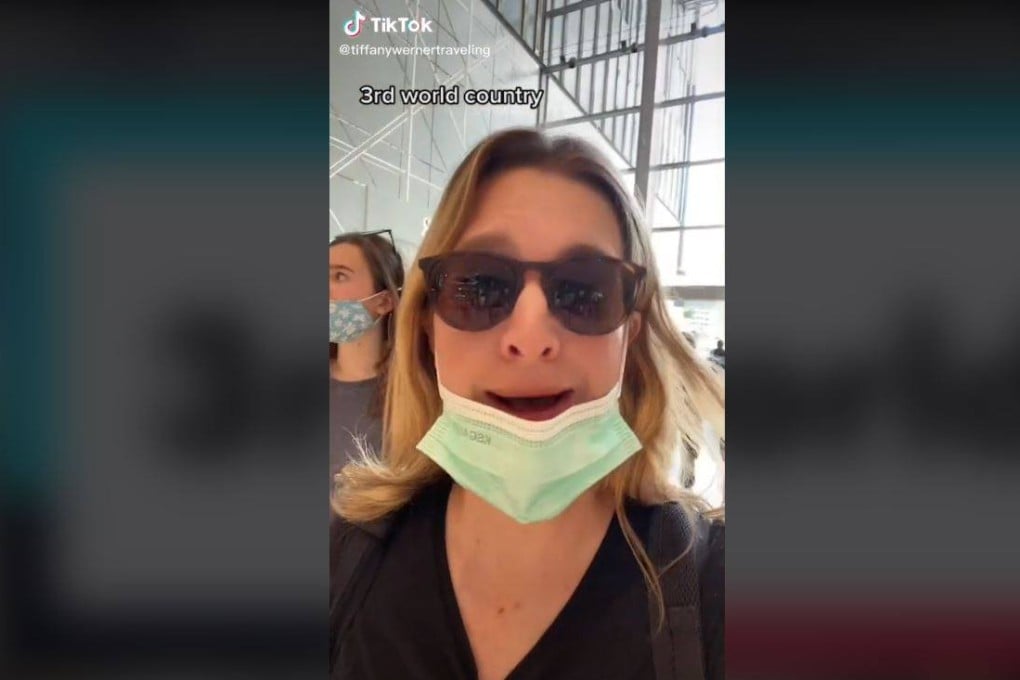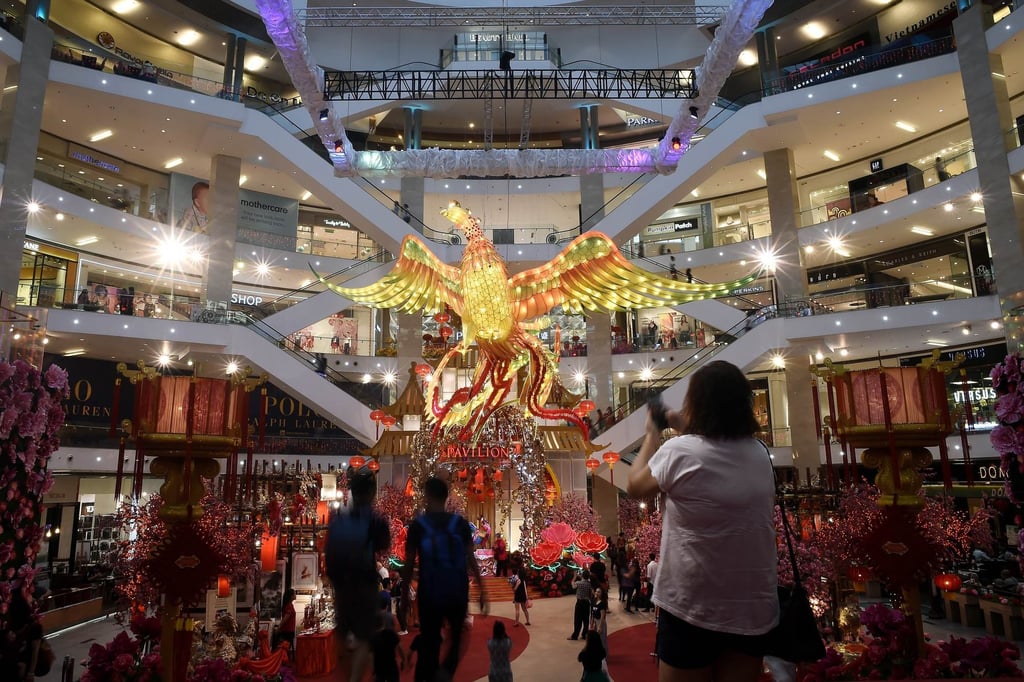US woman’s TikTok on ‘third world’ Malaysia stirs debate about prejudice, misconceptions
- Tiffany Werner said she used the phrase ‘third world’ because that’s how the 42-year-old’s friends in Mississippi had described the places she was visiting
- Her TikTok video of a Kuala Lumpur shopping centre, in which she said ‘We have nothing like this where we’re from. Love it,’ has been viewed over 2.4 million times

The 42-year-old mother from McHenry, Mississippi then panned the camera from her face to reveal the inside of the shopping centre, which has multiple floors and a series of escalators cascading in a zigzag pattern between them. Werner then said in the video, posted on June 4, “We have nothing like this where we’re from. Love it.”
The TikTok went viral, receiving over 2.4 million views, and it is now the most-viewed video on Werner’s account, where she typically posts short videos documenting her frequent travels around the world with her family.
Werner said she used the phrase “third world”, because her friends from Mississippi have used that term to describe the places she was travelling to, although she said she does not particularly like the term herself.
The phrase “third world” originated during the Cold War as a way to describe countries that were not aligned with either the Soviet Union or the US, and then evolved into a catch-all term used to describe non-Western countries, according to History.com.
Many contemporary historians believe the term is outdated, and some have opted to replace it with the phrase “developing countries”, although some outlets have reported that there are disagreements among academics about this term, particularly because several non-Western countries have a higher GDP than countries in Europe.

“I feel like a lot of Americans, at least the people near me, really don’t know how people in other countries live,” she said, explaining that she made the video to show people who may not have travelled much what it was really like.